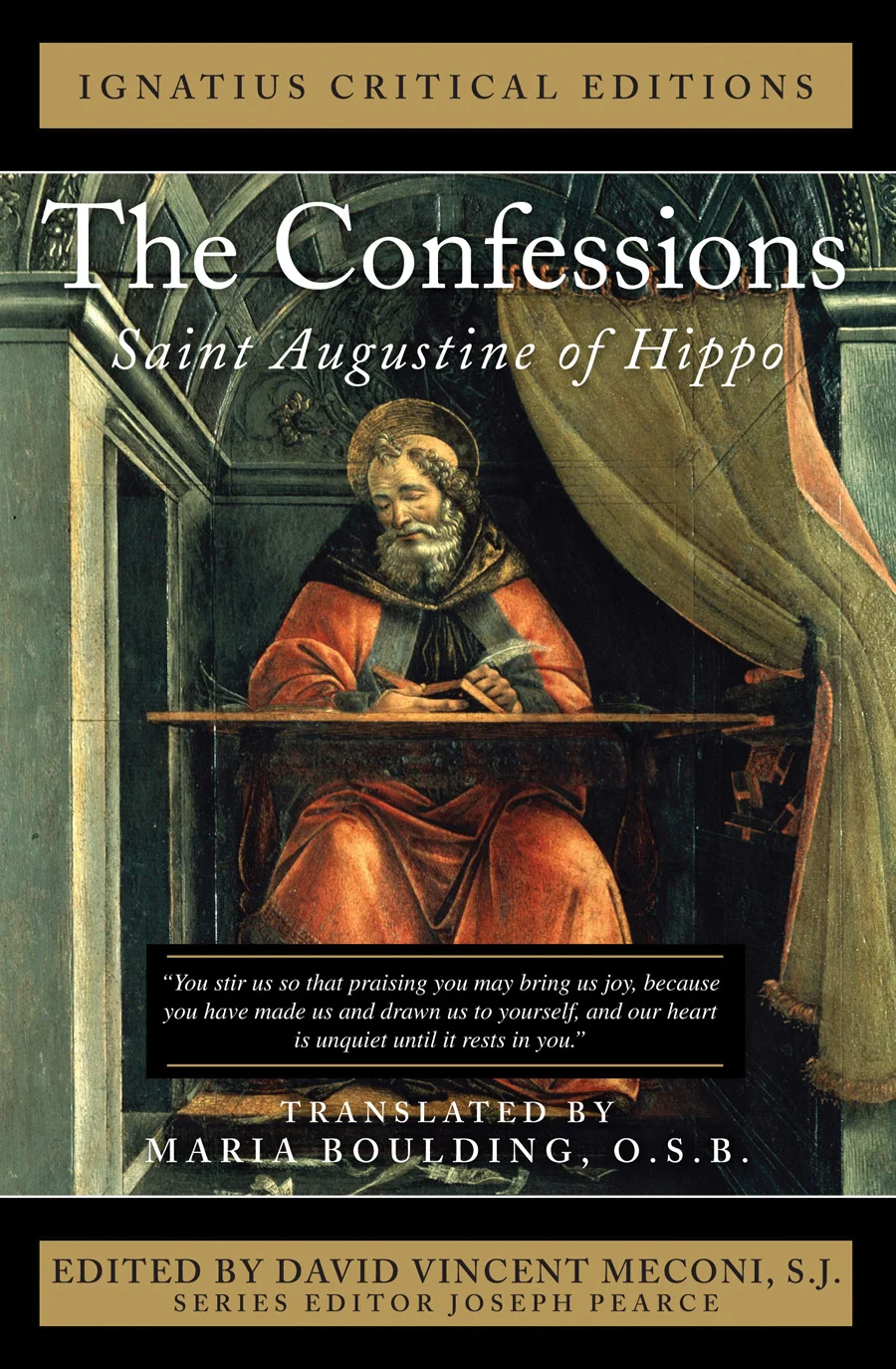It's easy to capture a kid's attention with cartoons about Noah and the Ark, Joshua's laps around the walls of Jericho and other colorful stories from scripture.
Phil Vischer ought to know, since for millions of Americans under the age of 25 he is best known as Bob the Tomato and the brain behind the original VeggieTales videos. But over time, he realized that he faced a bigger challenge as a storyteller, one symbolized by the sign on his 1990s office wall that proclaimed: "We will not portray Jesus as a vegetable."
At some point, he said, children need to learn the whole story of faith -- including the hard parts. This has to happen quickly in a culture that barrages them with competing signals as soon as they leave their cribs.
"You have to have the big story of what our faith is all about," said Vischer, in a telephone interview. "Our moral beliefs are like ornaments we hang on a tree. The problem is that we've thrown out the tree and we expect the ornaments to keep hanging in the air on their own.
"You can't just tell kids, 'Behave! Because I told you so!' … Without a big spiritual narrative, some larger worldview, you have nothing to hang moral behavior on."
That was the challenge at the heart of Vischer's talk -- "Beyond VeggieTales: Forming the Moral Imagination of Your Kids" -- during a recent Nashville conference on parenting held by the Southern Baptist Convention's Ethics and Religious Liberty Commission. Speaker after speaker mentioned a media culture that feeds children clashing concepts of good and evil, success and failure, before they enter kindergarten. Digital screens are everywhere, packed with compelling stories.









